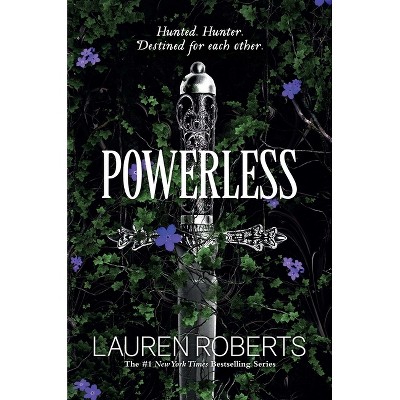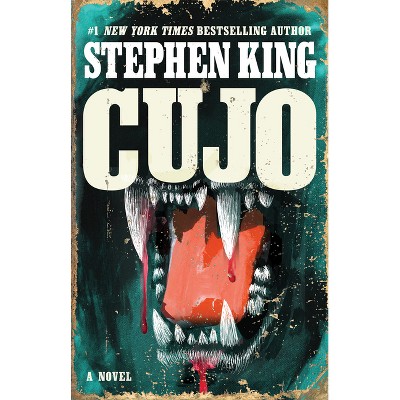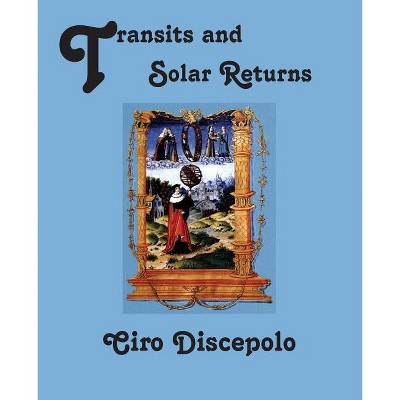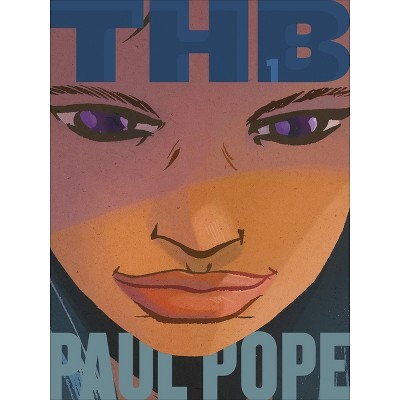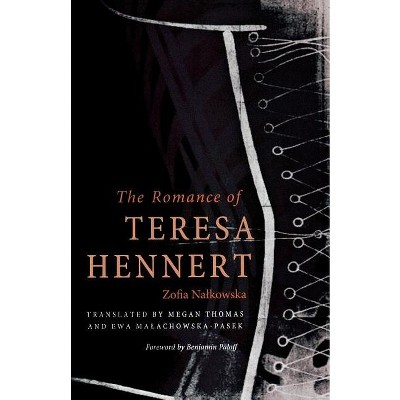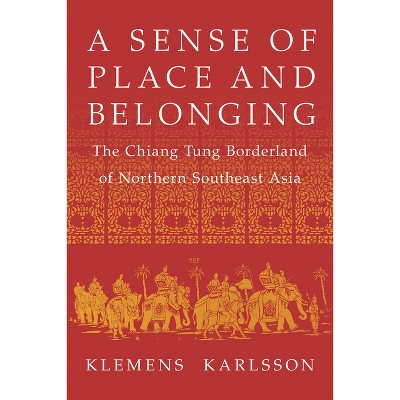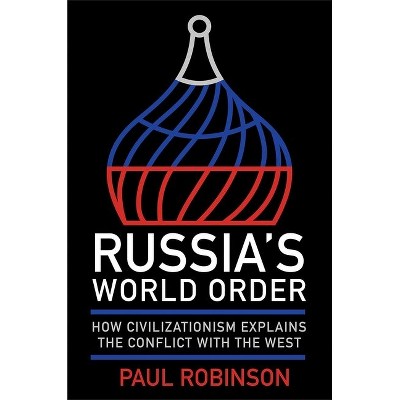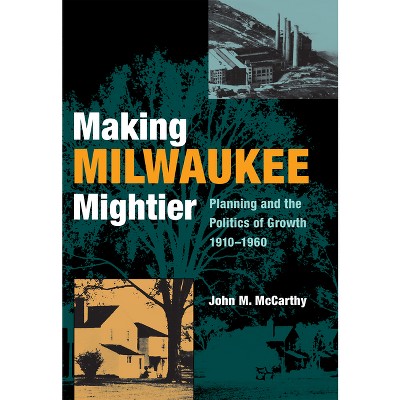Sponsored

Choucas - by Zofia Nalkowska (Paperback)
In Stock
Sponsored
About this item
Highlights
- The novel in Europe in the early twentieth century took a decidedly inward turn, and Choucas (1927) is an intriguing example of the modernist psychological tradition.
- About the Author: Ursula Phillips is a translator of both literary and academic works and a writer on Polish literature.
- 200 Pages
- Fiction + Literature Genres, Literary
Description
About the Book
The novel in Europe in the early 20th century took a decidedly inward turn, and Choucas (1927) is an intriguing example of the modernist psychological tradition. Its author, Zofia Nalkowska (1884-1954), was a celebrated Polish novelist and playwright. She rose to prominence in interwar Poland and was one of a group of early feminist writers...Book Synopsis
The novel in Europe in the early twentieth century took a decidedly inward turn, and Choucas (1927) is an intriguing example of the modernist psychological tradition. Its author, Zofia Nalkowska (1884-1954), was a celebrated Polish novelist and playwright. She rose to prominence in interwar Poland and was one of a group of early feminist writers that included Pola Gojawiczynska, Maria Dabrowska, and Maria Kuncewiczowa.
Choucas is set in the Swiss Alps in the mid-1920s in a sanatoria village near Lake Geneva. The book has an international focus, and the narrator, a polish woman, profiles a motley collection of visitors to the village and patients at the sanatorium and their interactions with each other. Among these she encounters Armenian survivors of the 1915-16 genocide who were given refuge in Switzerland. The characters are all from different countries and each represents a distinct political or religious point of view. The title is derived from the French word for a species of bird native to this region of Switzerland. Nalkowska was known for her love of nature and animals, and the birds have symbolic significance for the characters themselves. The choucas fly down from the mountain passes seeking food, while some of the characters in the novel wander around the sanatorium seeking philosophical truths.
In Choucas, there is a strong autobiographical element to the story, as Nalkowska had stayed in a sanatorium in Leysin, Switzerland, with her husband in 1925. A comparison may also be drawn with the classic novel by Thomas Mann, The Magic Mountain (1924), which has similar themes. The book delineates a fascinating time period, and the author's concise fictional technique is strikingly innovative and groundbreaking. Choucas is a fine example of early modernist literature and is translated for the first time into English for a new generation of readers.
Review Quotes
A subtle and satisfying translation.
-- "The Times Literary Supplement"In taking us back to a world that is long gone, Choucas throws into relief much of the ranting and rhetoric of our own times. I closed the book feeling that I had been transported to a dream-like but strangely familiar setting, an unsettling sensation that has left me wanting to read more of Nalkowska's work.
-- "European Literature Network"About the Author
Ursula Phillips is a translator of both literary and academic works and a writer on Polish literature. Her most recent translation, the novel The Heathen by Narcyza Zmichowska
.Zofia Nalkowska (1884-1954) was a celebrated Polish novelist and playwright. She rose to prominence in interwar Poland and was among a group of key early feminist writers.
Shipping details
Return details
Trending Literary Fiction



